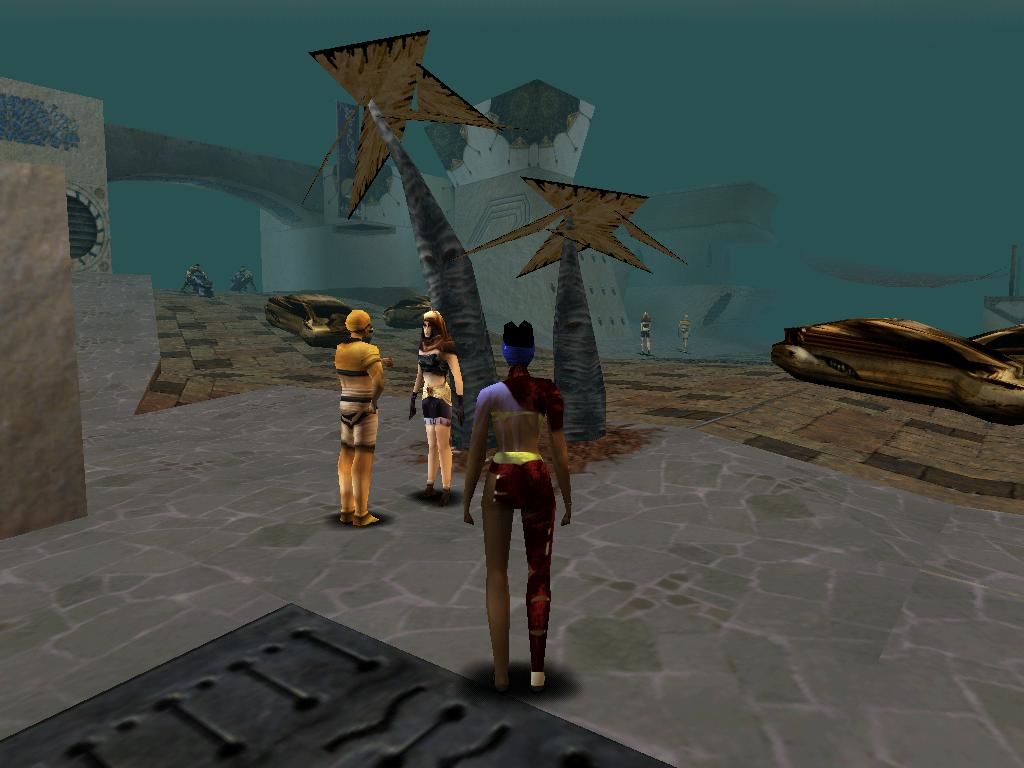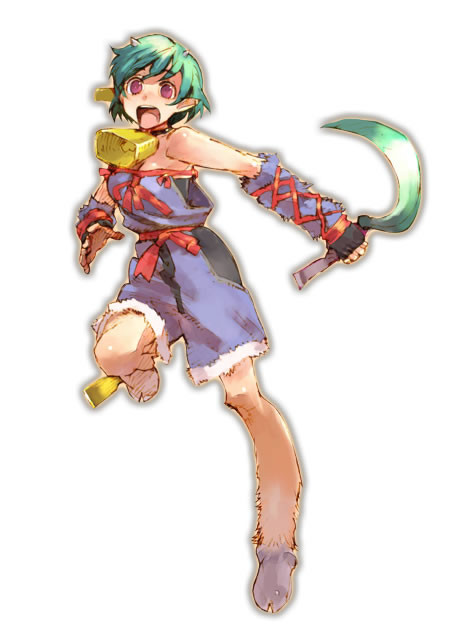

Basically, it really does feel less like a Nippon Ichi title and more akin to something like Ogre Battle or Advance Wars, which works both for and against it in different ways. Desert tiles, for example, grant a 20% penalty to all stats, while towns and castles will not only boost them, but cause units within them to heal HP every turn. Terrain does factor in to battles as well, granting bonus and penalties depending on the terrain a clash takes place on.

Each group also gets as set of special attacks, referred to as "Tactics", depending upon who leads the squad - these can be used a set number of times per battle (increasing with levels) and often provide temporary buffs to that unit or allies, debuffs to enemy units, or just a single-use powerful attack combo (with animations of Nippon Ichi's trademark over-the-top style).īecause of this setup, combat and party equipment in the game is largely automated, so it's not quite as combo-oriented and satisfying as some of Nippon Ichi's other titles. Some units provide other interesting benefits from being in a particular row, though - for example, the Schemestress unit will prevent enemy counterattacks while in the center row, while back-row Bards will buff a random character's attack by 30% for that attack only. Conversely, ranged units like archers and mages are better suited to being in the middle or back rows, where they can attack without readily putting themselves in danger. Generally, these are fairly common sense - melee characters do the best from the front rows, being able to take more damage and deal it in turn, while putting them in the middle row will cause them to do a weaker attack, while in the back row they may not even get to take an action at all. One prominent example of this is that the player does not control individual units, but rather groups them into "rooms" of up to nine, with each unit automatically performing an ability depending on their position in the front, middle or back rows.

#RESOLUTION FOR SOUL NOMAD AND THE WORLD EATERS SERIES#
Soul Nomad is another experimental outing for them, attempting to work in some elements of the Ogre Battle series into the mix. Basically, they're games accessible for those just looking to experience the story, but have enough content to keep even the most die-hard of min-maxing stat grinders satisfied too. Later games in the serious also famously took advantage of this by amping up the power of the game's optional bosses to absurd extremes, giving them tens of millions of hit points, the ability to destroy one's base panel (preventing further units from entering the battle) and making them immune to particular abilities after being hit by it once, among other things. Nippon Ichi is a name well-known to fans of strategy RPGs, primarily for the Disgaea series while relatively easy games to pick up and play, they are also deceptively deep, allowing for a huge amount of character and party customization and allowing the player to reach truly absurd levels of strength over the course of pursuing postgame content.


 0 kommentar(er)
0 kommentar(er)
